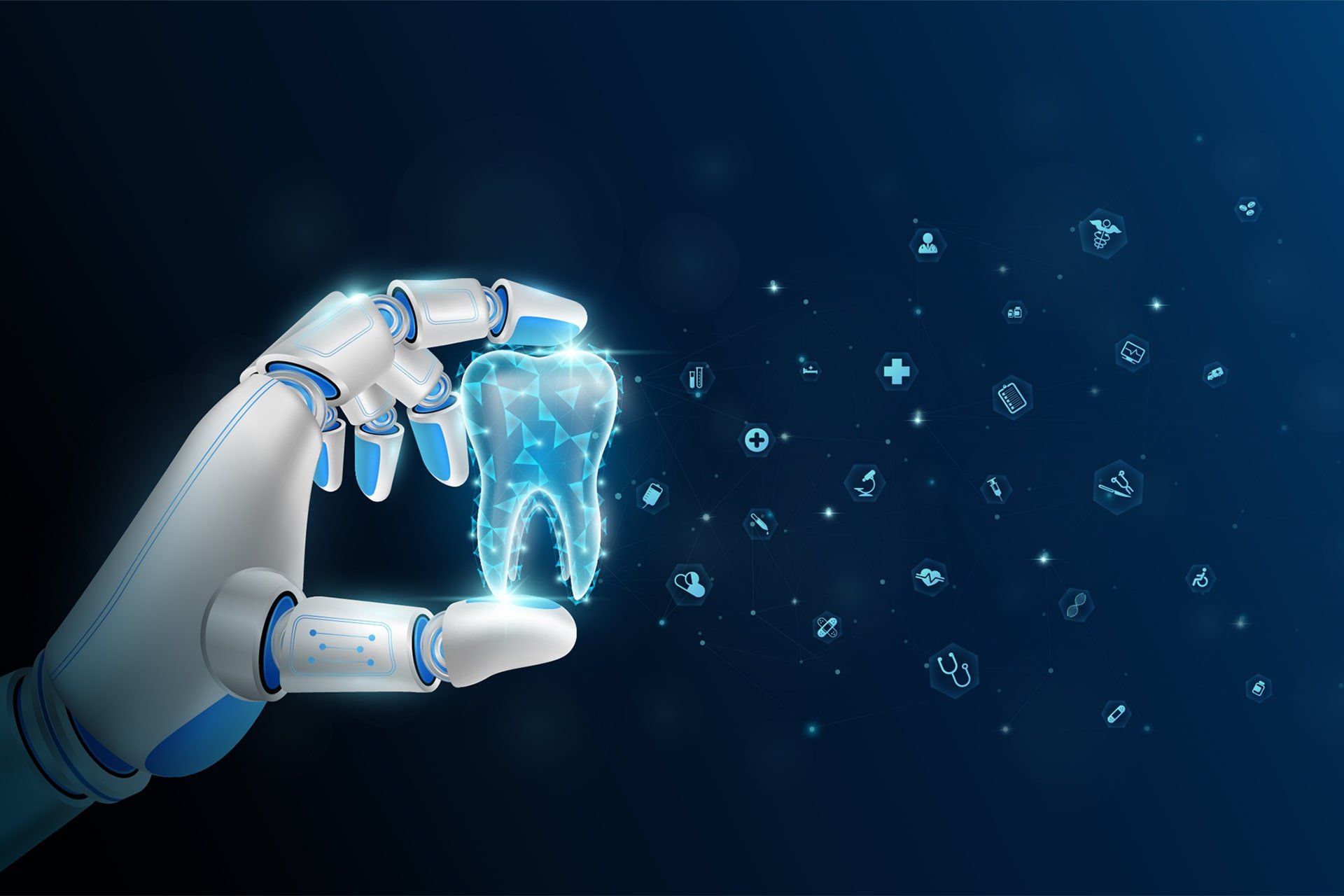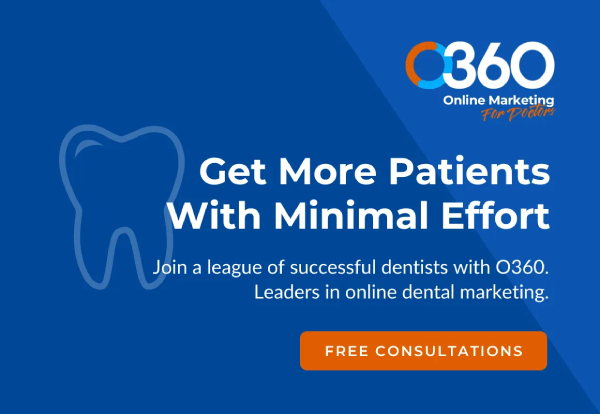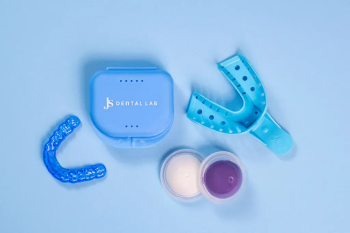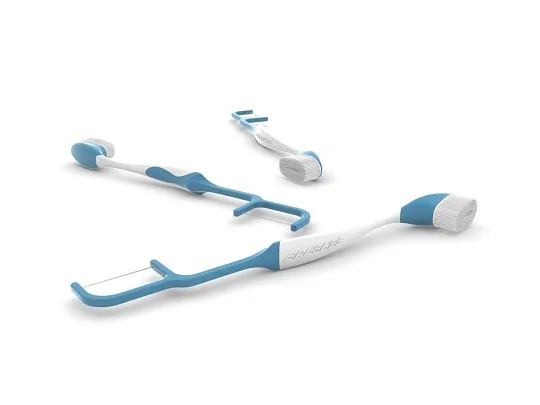Artificial Intelligence (AI) has been the hot topic for 2023 and will continue to be for the years to come as it’s growing faster than humans (even doctors) can comprehend. With all of this fast-moving technology, how can you incorporate it into your marketing strategy?
In this article, we’ll list a few ideas that you can look into and fit into your plans. We’ll also discuss the future of AI and how it will change the way we execute our digital marketing strategies.
What is AI?
AI or Artificial Intelligence is a collection of ‘human’ intelligence stored in machines. It learns how to act like a human by processing massive amounts of data, discovering and recording patterns to help with its own decision-making. Big AI companies will often supervise the learned patterns, and will help define good or bad ones.
The Power of Branding in Dentistry: Elevating Your Practice
Why should we include it?
Whether we like it or not, AI is here to stay, and will play a part in all businesses in the future. While there is a laundry list of reasons why dentists should start using AI, the main reasons to do so are:
Automation
Automation uses technology to handle repeat tasks, so there’s less manual work involved. This means dental teams can spend more time with patients or on other important tasks rather than doing repetitive marketing activities. For example, your staff can focus on being with a patient, rather than spending time scheduling Social Media posts. Another benefit is reliability; automated systems ensure tasks like appointment reminders or patient follow-ups are done consistently. An example might be chatbots on a dental website that can answer basic queries about teeth cleaning or braces 24/7. So, in short, automation makes your marketing efforts more efficient and dependable.
Efficiency and ROI
AI can produce ‘predictive analysis’ to make smarter guesses about the future based on past data. For a dental office, this might help in figuring out when patients are most likely to schedule appointments or which treatments will be popular. By using this kind of smart guessing and automation, you can create better marketing plans. And when those plans work well, the office gets a good return on the money spent, meaning earning more from the investment. In simple terms, the office works smarter, not harder, and sees better results for their efforts.
Competitive Edge
Adopting AI into your marketing strategy will only help your practice utilize the technology further – not just marketing, but also business operations. This will give your practice a competitive edge over other dentists who are slower to integrate the technology.
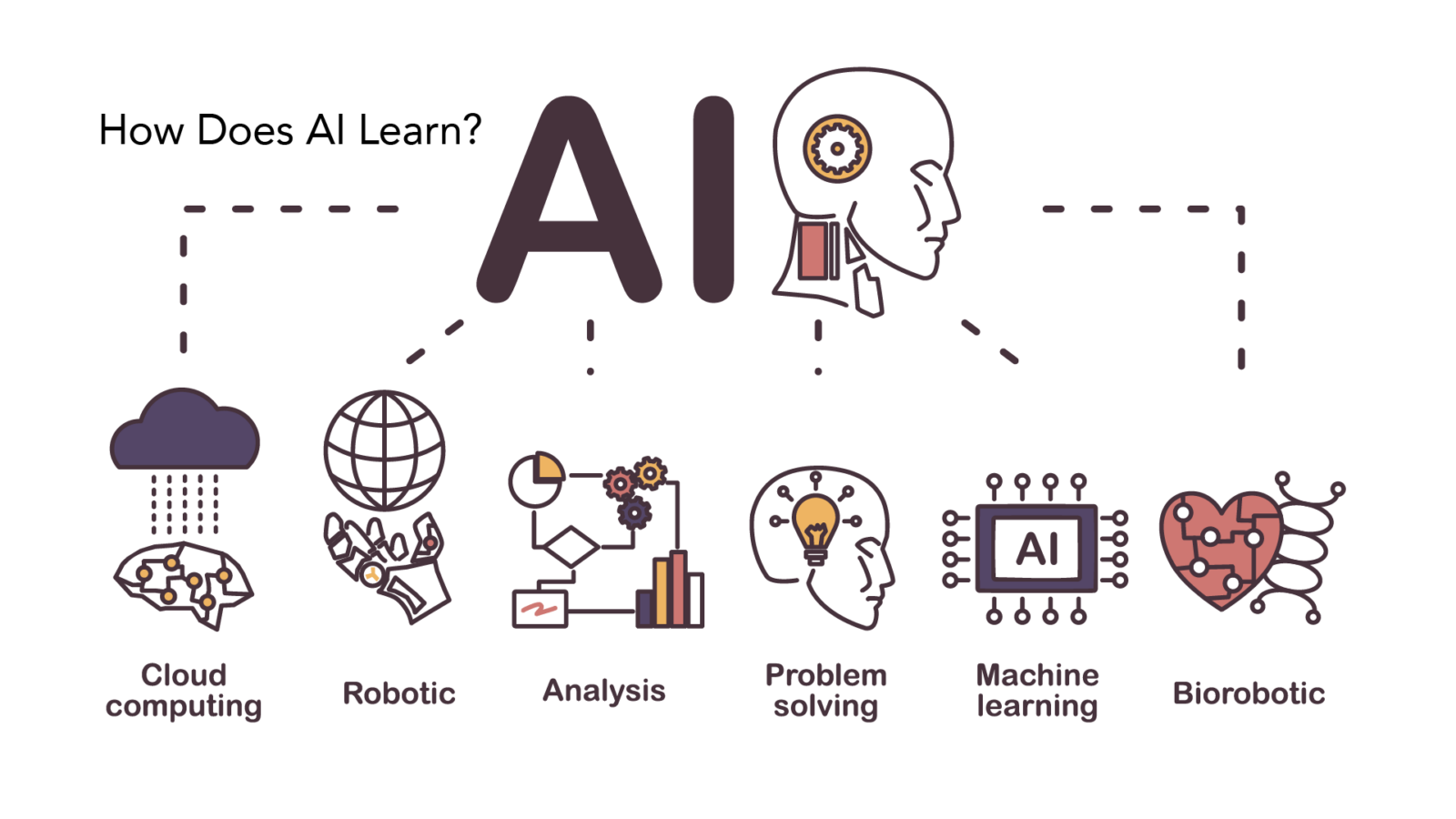
What are ways to include AI into dental marketing strategy?
Content Creation
By 2023, all marketers know that content is king. Patients are looking to consume content throughout the day, via different mediums – phones, computers, radio and television; they all need new, fresh ideas to present. Here’s how AI can help you with creating content:
- Topics: AI tools can analyze search trends, patient queries, and popular discussions related to dentistry to suggest relevant and timely topics. For instance, if there’s a sudden rise in searches for “Invisalign alternatives,” AI could recommend creating content around that. This ensures that the content created aligns with current interests.
- Outlining: When you decide on a topic, AI tools can help structure your article. Jot down all of your knowledge on paper, and AI will organize, find supporting documentation, suggest related FAQs, and ensure it’s easy for patients to read.
- Editing: While not a new technology, but certainly important, AI-powered editing tools can scan the content for grammar issues, readability, and tone. For a blog, it’ll make suggestions to sound more professional. These tools can make the editing process more efficient, and call out mistakes you might not have noticed.
- Speed: AI tools can expedite the content creation process. Whether it’s by generating initial drafts based on outlines or by analyzing and providing feedback, the integration of AI can significantly reduce the time spent on production. This means dental practices can keep their websites and blogs updated frequently, catering to the fast-paced digital environment.
Ad Optimization
Dentists and their staff are generally inundated with patient-related tasks, providing little time to figure out ad algorithms. This is where AI will be able to read patterns, formats and even placement to determine what’s best for your campaigns.
- Testing Multiple Variations: One of the best parts of AI is its ability to test multiple ads simultaneously. Dentists can create several versions of an advertisement, with differences in visuals, text, or call-to-actions. AI can then determine which version resonates most with patients, eliminating the guesswork.
- Dynamic Design Insights: AI can analyze the performance of various design elements – from colors and fonts to image placements. This means if a particular color scheme or image consistently attracts more potential patients, AI can recommend those elements in future ads.
- Placement Perfection: Not all ad placements yield the same results. AI algorithms can monitor where ads are most viewed and interacted with, whether it’s on social media platforms, search engines, or dental forums. By identifying these high-performing spots, dentists can strategically allocate their advertising budget to get the maximum visibility.
- Real-time Adjustments: The digital advertising landscape is ever-evolving. What works one month might not be as effective the next. AI allows for real-time adjustments to ad campaigns. If a particular ad starts underperforming, AI can tweak its elements or placement instantly to regain traction.
- Ensuring ROI: Ultimately, for dentists, an ad campaign’s success isn’t just about visibility but also about conversions – be it appointment bookings, service inquiries, or new patient registrations. AI can track these conversions, associating them with specific ads. This not only shows which ads are most effective but also ensures that the advertising budget is being used efficiently.
Reporting
The sheer volume of data can be overwhelming, but AI can be a game-changer for dentists when it comes to reporting and deriving actionable insights.
- Simplification: Dental practices generate data from various sources – appointment bookings, patient feedback, website traffic, social media interactions, and more. AI can consolidate data from these different sources into a unified dashboard, offering a holistic view of the practice’s operations and outreach.
- Identifying Key Metrics: Instead of overwhelming dentists with every possible data point, AI can highlight the most crucial metrics that align with the practice’s goals. This might include patient retention rates, effectiveness of reminder systems, or the most frequently availed services.
- Feedback Loop: AI learns from the data it processes. Over time, as it gathers more data, its insights and recommendations can become even more precise and relevant to the dental practice’s unique needs and challenges.
Conclusion
AI is Your Friend!
If you have not dabbled with AI, now is the time to do so. If your time is limited, AI will still be able to assist you, your staff or even digital marketing teams to organize your ideas and help turn them into a marketing strategy. Start by using some of the ideas mentioned in this article and surely AI will become your new on-staff assistant.
